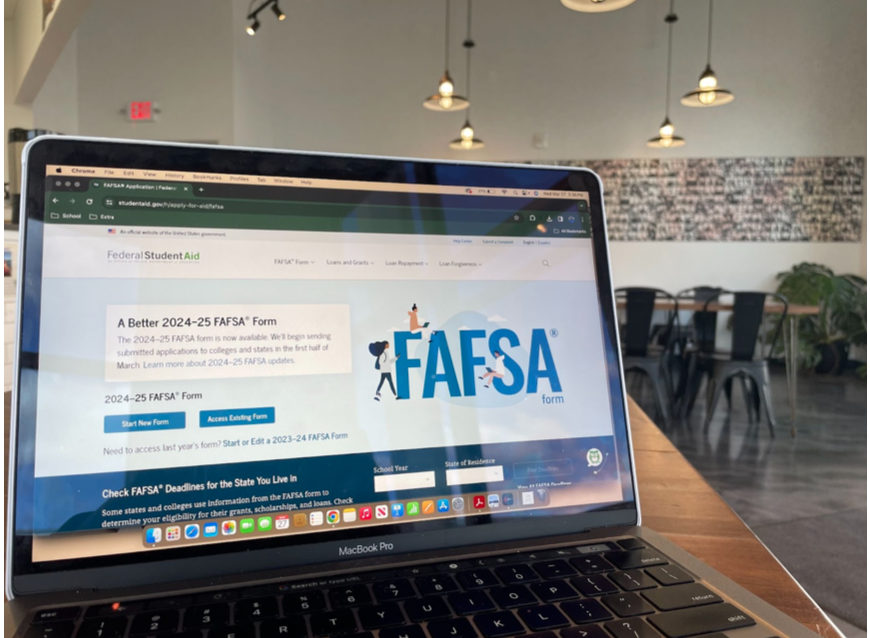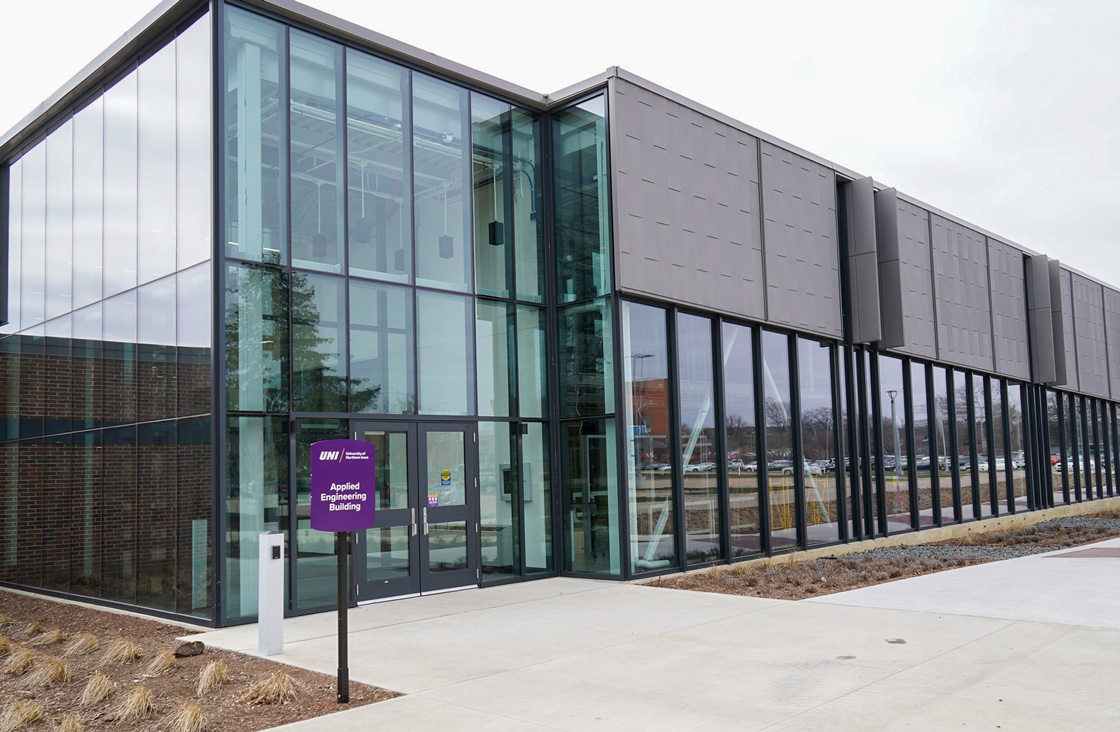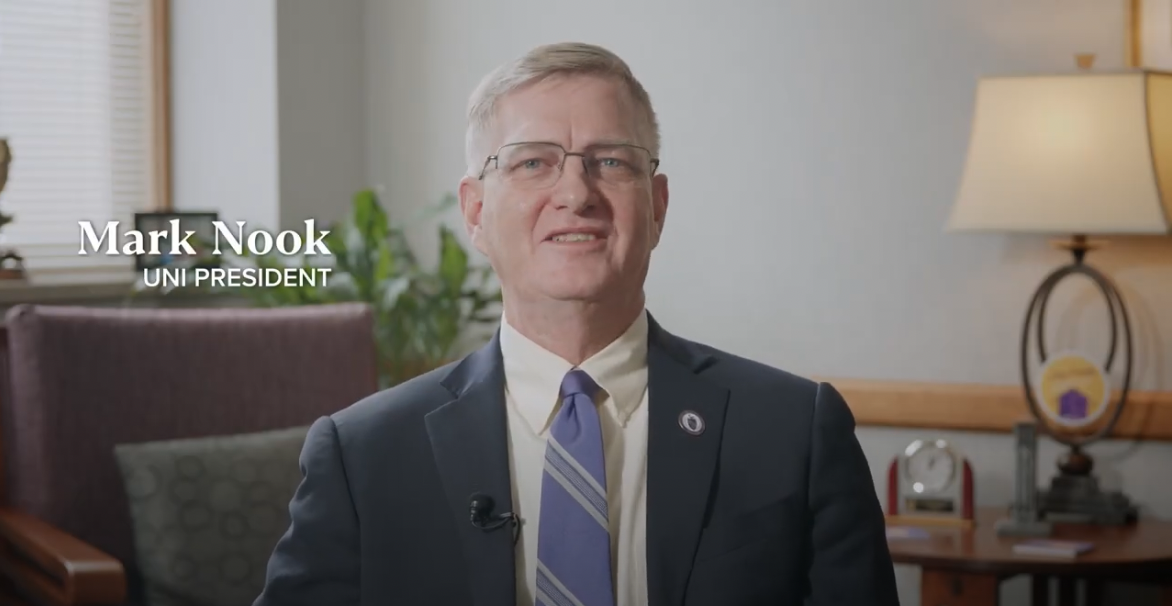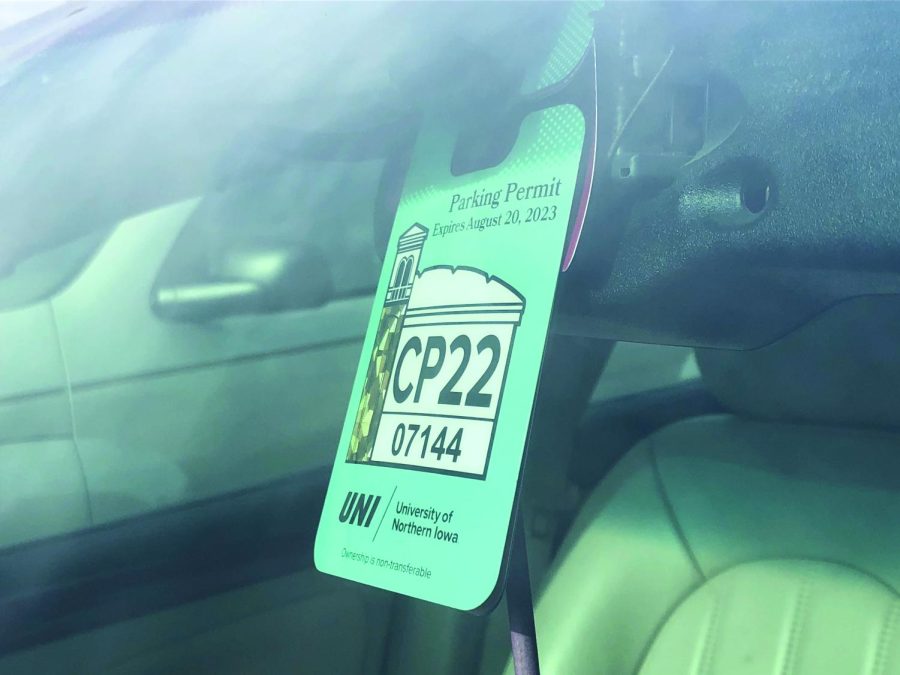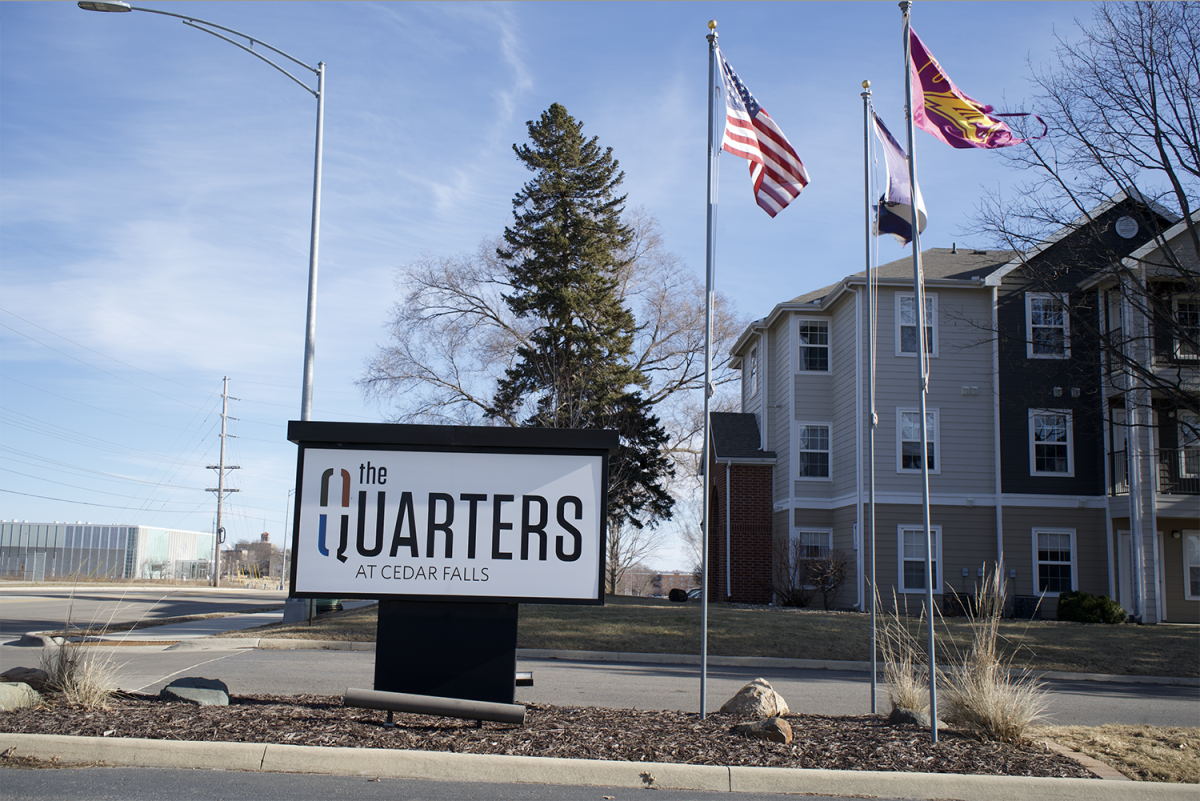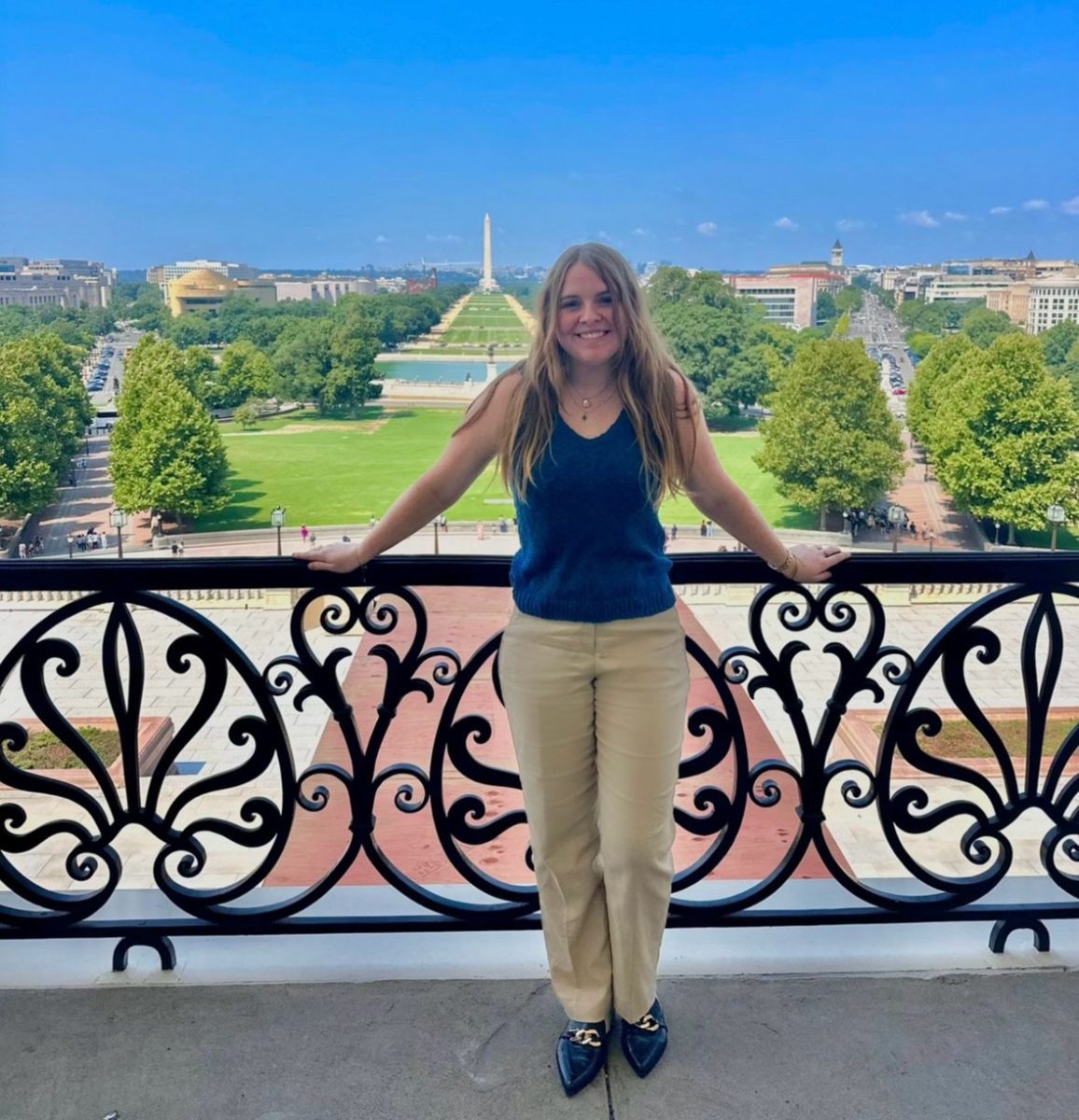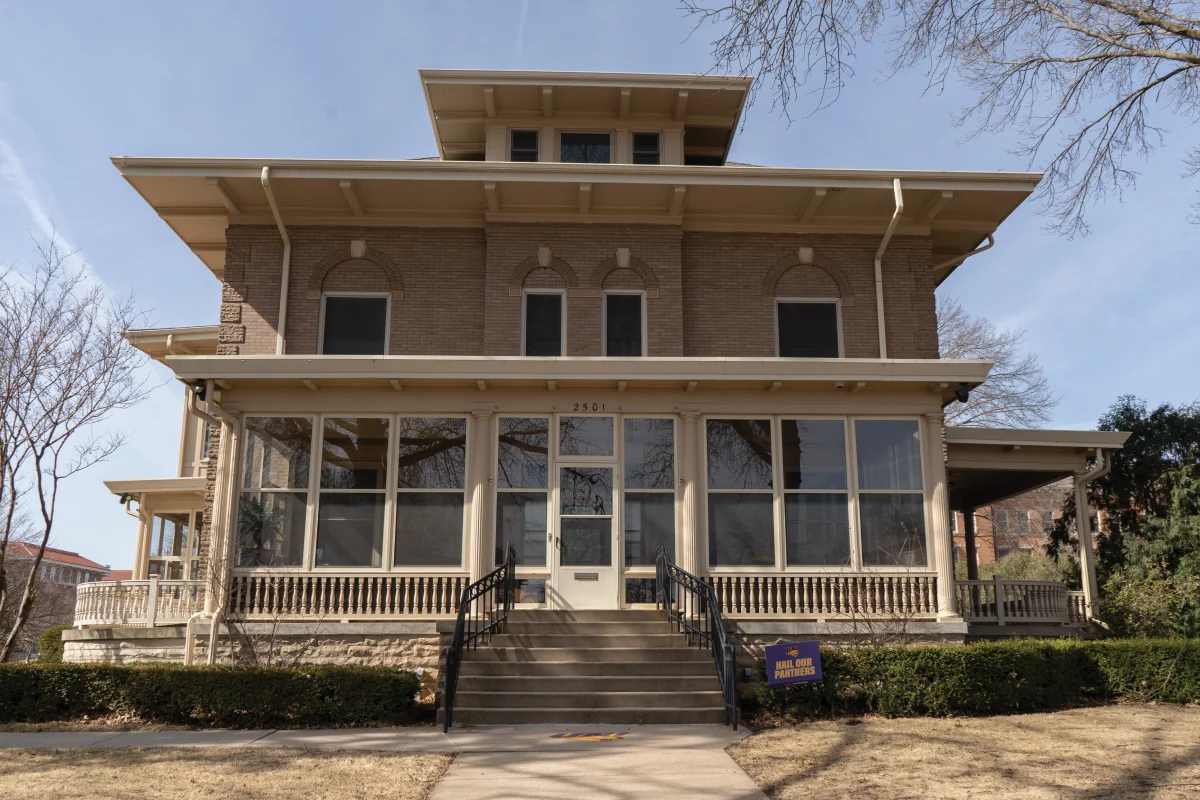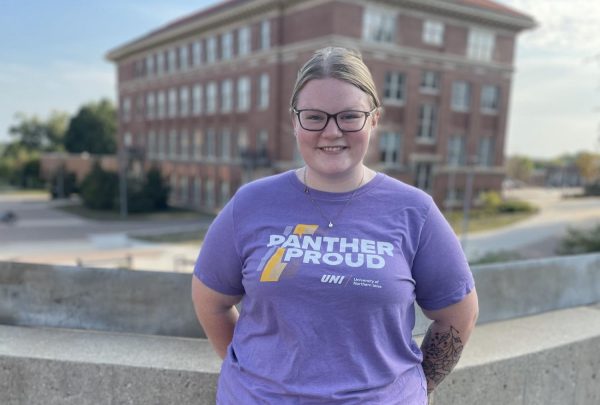UNI students waiting to receive word on the 2024-25 Free Application For Student Aid (FAFSA) are having to wait longer than previous years due to the U.S. Department of Education’s updates to the program.
The application, usually open to students by Oct. 1, was opened on Dec. 31 due to changes that would allow more accessibility and ease of application — an application that is usually stressful for those looking at their future college decisions. The form is filled out between July 1, 2024, and June 30, 2025.
“In October of 2023, the FAFSA was not available though because of these changes being enacted to the FAFSA,” Director of UNI’s Office of Financial Aid and Scholarships Tim Bakula said in an interview on March 27. “Dec. 30 was the first day that the FAFSA was available for anyone to complete, and on that day, it was probably available for less than an hour — very limited availability.”
The three-month loss of availability caused backlogs in student applications at universities and slow response times for financial packages. Schools are now in crunch time to produce financial aid packages at the collegiate level and this could impact the rewards granted to those who are most in need.
“We have now been receiving FAFSA results for the 2024-2025 academic year,” Bakula said. “We’re finding nuances, issues — it happens every year, but usually we have more time to test.”
The FAFSA Simplification Act was enacted on Dec. 27, 2020, and recent changes began July 1, 2024, to coincide with the 24-25 academic year. The act replaced the Expected Family Contribution with the Student Aid Index, made modifications to family definitions, expanded access to Federal Pell Grants and streamlined the form.
As a result of this change, the Department of Education released Friday, March 22, that an error in calculations will delay results for independents with assets who have filed the FAFSA on dates prior to March 21, 2024.
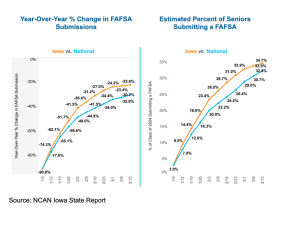
UNI social work and first-generation student Betsy Mcclellan said the changes were difficult for her family, and prompted them to seek help from others who have completed the application.
“It’s stressful,” she said. “Money isn’t the biggest deal for us, but it’s stressful to not know what’s going on.”
Mcclellan has not received word on her financial aid award since filing in January.
According to the National College Attainment Network (NCAN), Iowa FAFSA filing has dropped 23 percent, around 4,280 applications short, as of March 15 compared to the year prior. Nationally, numbers have dropped 31 percent as of March 15 since last academic year, sitting at around 1.3 million FAFSA applications.
Freshman business administration student Megan Griffith has seen the issues personally as well, and said the added stress of not knowing combined with the stress of choosing an official major at the time.
“As a freshman in college learning how to properly fill out the FAFSA form has been a big challenge, especially with the new changes,” she said. “I filled out the form in January, but I haven’t received any official feedback and I’ve noticed it’s taking a little bit longer to process than last year.”
Mary Claire McCarter, UNI computer science freshman, said that she had issues back in January upon filing as well, as the form did not prompt her for her parents tax information.
“It was a little confusing because it wasn’t similar to the last time I filled it out,” she said. “I’m pretty sure I also filled it out wrong, so I don’t know what I did.”
Bakula said UNI has responded to the issue and created accommodations for delays students may be facing when filling out applications, starting with deadline rescheduling.
“Some students need that reassurance to know that they have the ability to pay for this,” Bakula said — and as a parent who has helped his children file this past January. “Not having an award yet just adds to the confusion.”
Incoming student admission deadlines were moved so prospective students had time to look deeper into their financial aid offers and determine which school was right for them financially. May 1 was that original deadline, but has now been moved back to June 3, which Bakula said was suggested at the federal level.
The deadline for the UNI financial aid application was also moved to Feb. 15 from Jan. 15 to assure students have time to fill out the application.
FAFSA results are typically sent back to students and their families in mid-March, and while UNI has been receiving thousands of Institutional Student Information Records (ISIR) that determine federal aid eligibility, Bakula said the financial aid offer timeline will only change for incoming freshmen and transfers with results in mid-April.
Returning students will receive results at the end of this spring semester, as has been the case for the last six years.
“We do that for a variety of reasons,” Bakula said. “One of which is making sure the students are at the appropriate grade level for awarding purposes. That makes a difference in terms of how much loan you’re eligible for and the type of loan.”
Bakula asks applicants to be patient with the process, as the UNI Financial Aid Department is working through these issues with those who are affected.
“If you haven’t already done the FAFSA, do it,” Bakula added. “Patience is a virtue. We [Financial Aid Department] are getting those awards out as quickly as we can. Ask questions when you get to your offer.”
For more information on the FAFSA process, UNI has created a FAFSA Simplification page for any information families may need upon filing and what to expect for changes in this year’s application. Questions and concerns can be directed to fin-aid@uni.edu or at 319-273-2700. Updates and announcements on the FAFSA can be found on UNI’s Financial Aid page.


